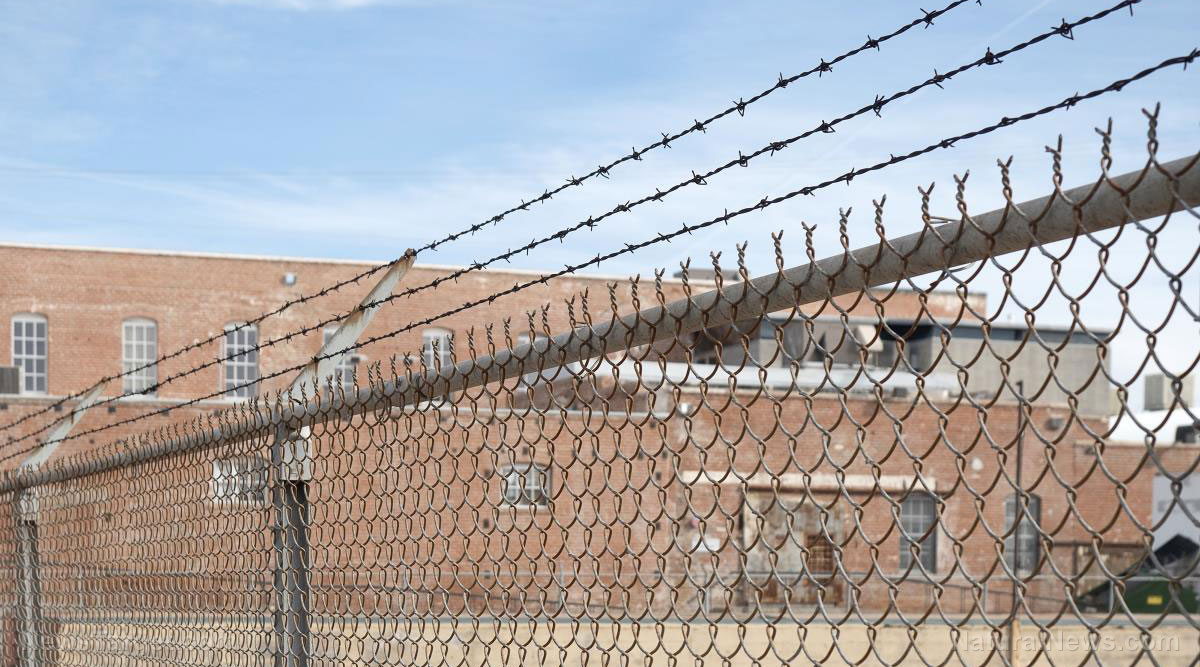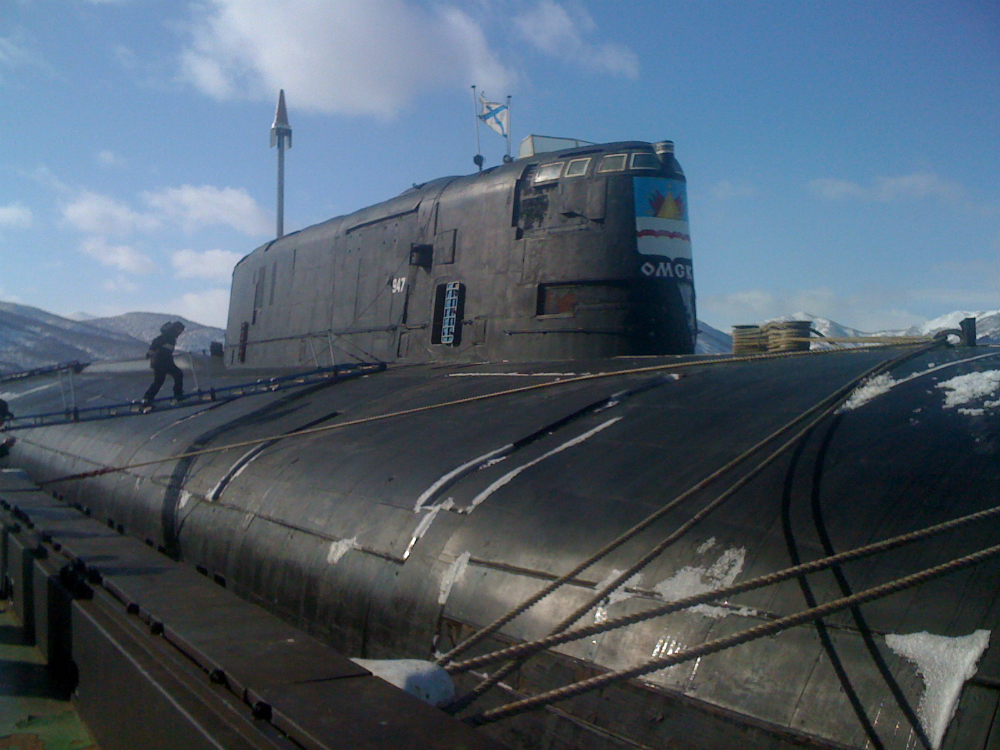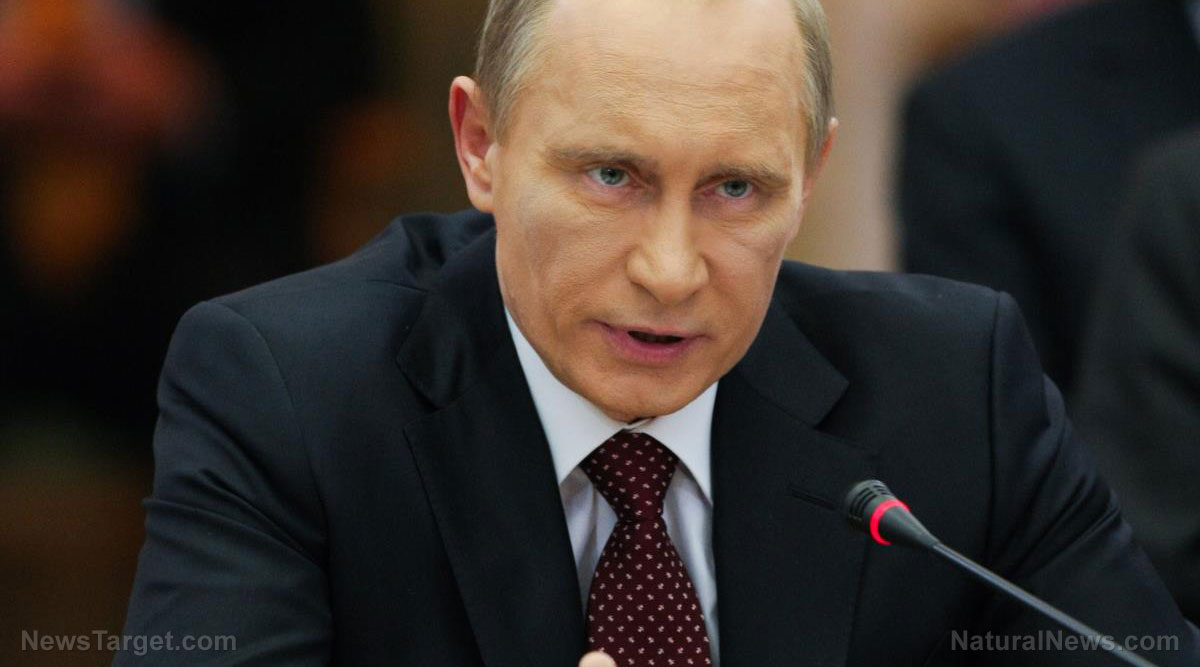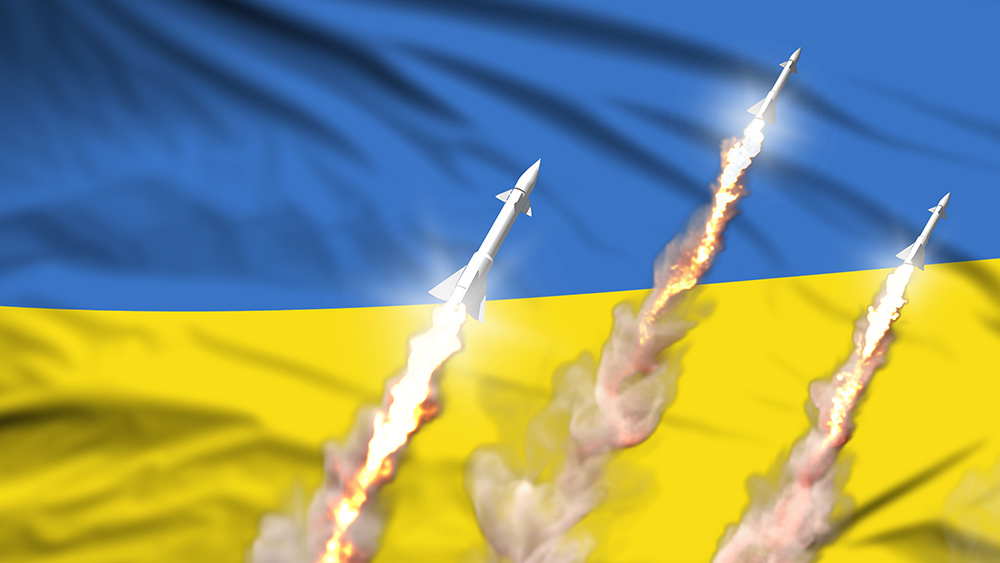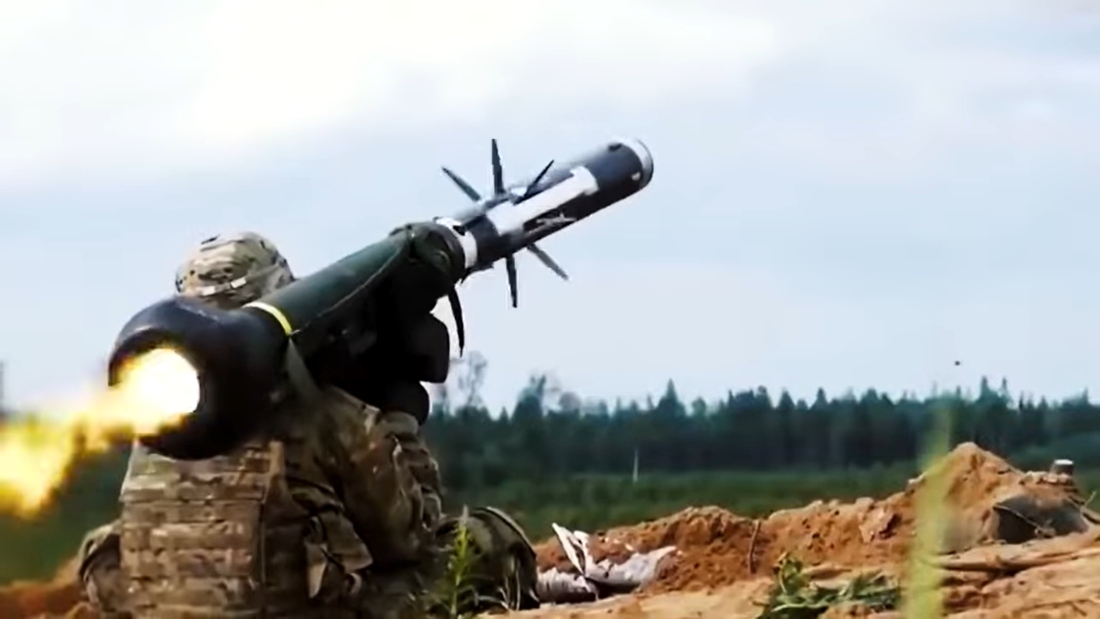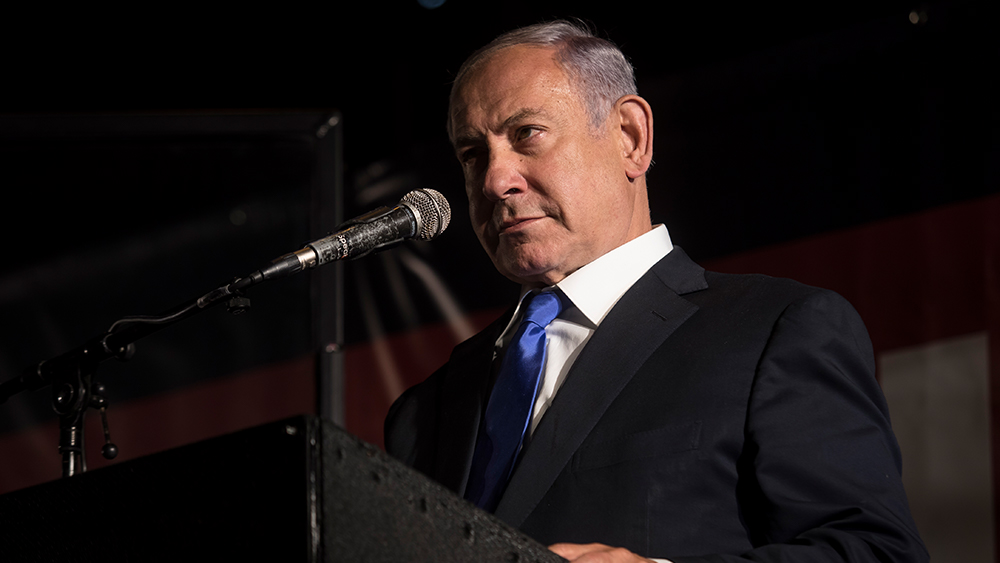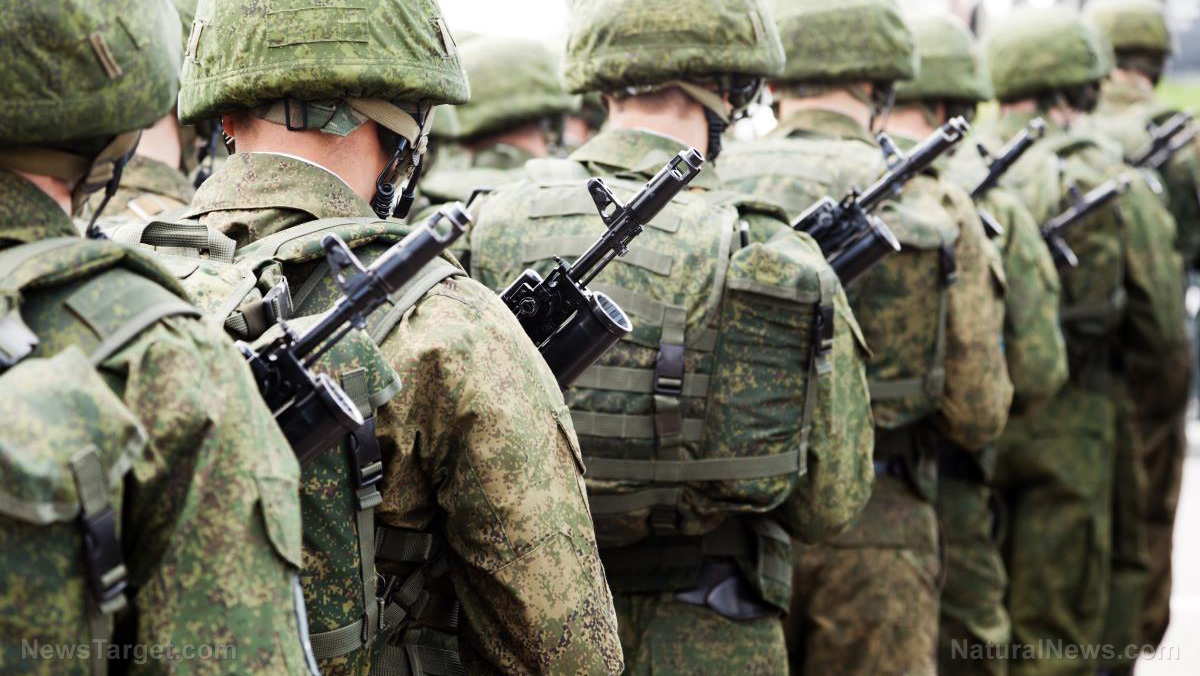Intel HALTS construction of $25B computer chip plant in Israel due to lack of supplies stemming from Red Sea blockade
06/18/2024 / By Ava Grace
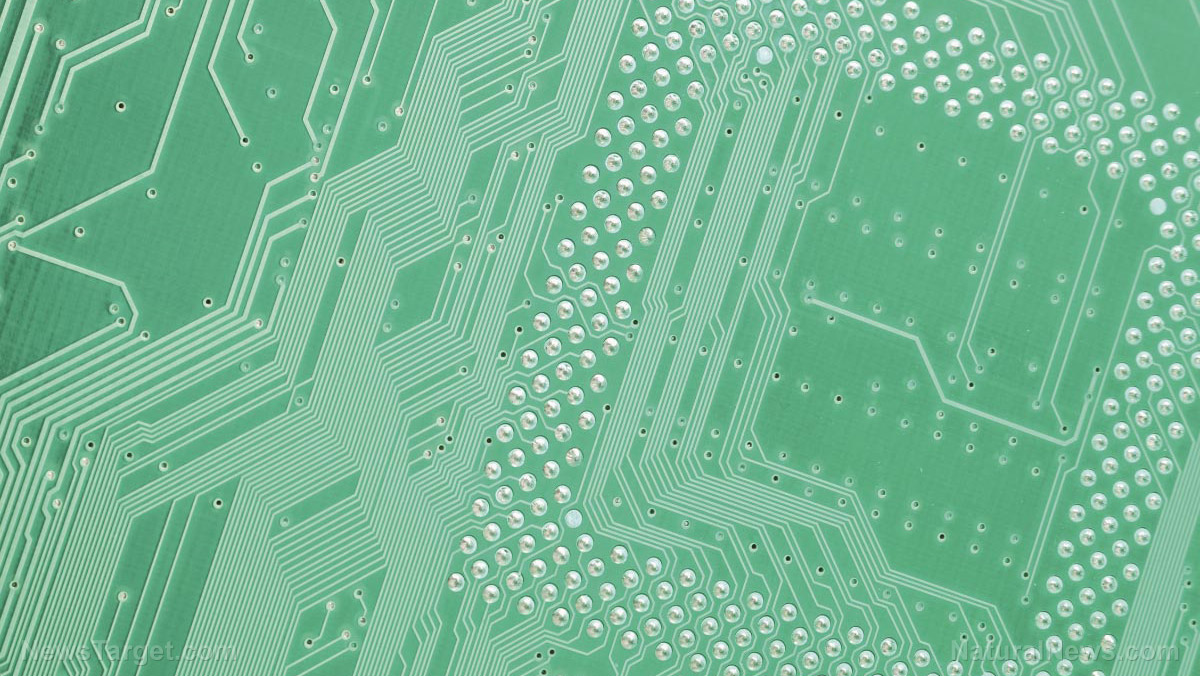
American computer chip giant Intel Corp. has halted the construction of a $25 billion chip manufacturing plant in Israel.
The Israeli newspaper Calcalist first broke the news of the move on June 10, writing that “Intel’s suppliers received in recent days notice of the cancellation of contracts for the supply of equipment and materials required for the establishment of the company’s new factory.” The Israeli Ministry of Finance was also reportedly aware of the tech giant’s decision to halt the plant’s construction.
Intel first announced the plant’s construction in December. Had the project pushed through, it would have been built in the southern city of Kiryat Gat, almost 60 kilometers (37 miles) from Tel Aviv. (Related: Intel pushes forward with $25 billion investment in Israel amid ongoing war in Gaza.)
Calcalist stated that in response to a request for comment, Intel said Israel continues to be one of its “key global manufacturing and [research and development] sites” and that it remains “committed to the region.”
“As mentioned previously, the scope and rate of expansion of Intel’s production at the company’s sites around the world depend on several changing factors. Managing a project of this magnitude, especially in our industry, usually involves schedule adjustments. Our decisions are based on business conditions, market dynamics, and responsible capital management.”
The Kiryat Gat facility first announced in December is expected to open by 2028 and remain in operation until at least 2035. At the time, Intel said construction work had already started – including clean rooms and support buildings. It added that a significant portion of the buildings, including the casting of piles and first floors, have been completed.
According to Intel’s annual report, Israel is the company’s third-largest country of operation by asset size after the U.S. and Ireland. During the 2010s, Intel became the leading employer in Israel’s thriving tech sector.
Intel gave no reason for the pause.
Geopolitical tensions have strained investment in Israel
The semiconductor giant has been present in Israel for over 50 years, employing almost 12,000 at the Kiryat Gat facility and three other R&D centers in Haifa, Petah Tikva and Jerusalem. The company said in December that it is currently responsible for creating indirect employment for approximately 42,000 workers in Israel.
Since the beginning of the war in October of last year, Israel has suffered economic consequences at the hands of the Palestinian resistance. Geopolitical tensions have further strained investment, with major investors like SoftBank and Koch Investments halting deals with the country. Venture capitalist investments in Israel peaked in 2021 at $29 billion, but as of 2024, foreign investment has sunk to around $5 billion.
Tel Aviv’s efforts to stabilize through the government-run Yozma venture capital fund have seen limited success. With only $200 to $300 million in cash remaining, emergency funds are insufficient to sustain the technology sector.
Bank of Israel Gov. Amir Yaron said in May that Israel’s current war costs $70 billion of the country’s budget for 2025.
He expounded: “There is no doubt that more expenses will be needed since the economy needs security, and security needs the economy. However, it is important to emphasize that you cannot give an open check on the issue of security spending. You must find the right balance between things.”
Visit EconomicRiot.com for similar stories.
Watch this clip about Israel facing failure in the Gaza Strip.
This video is from The Prisoner channel on Brighteon.com.
More related stories:
Israel will invade Lebanon in late spring if conflict continues to escalate, Biden’s intel warns.
Netanyahu: Israel to take over “security” in Gaza after the Israel-Hamas war.
ASTROTURFING: Pro-Israel group paid students $250 each to attend “March for Israel” event in D.C.
Israel declares major LAND GRAB in West Bank.
Sources include:
Submit a correction >>
Tagged Under:
big government, Big Tech, bubble, chaos, Collapse, computer chips, economic riot, economy, finance riot, Intel, Israel, Israel-Palestine war, Kiryat Gat, manufacturing, market crash, money supply, risk, tech giants, technocrats, World War III
This article may contain statements that reflect the opinion of the author
RECENT NEWS & ARTICLES
COPYRIGHT © 2017 WWIII NEWS


